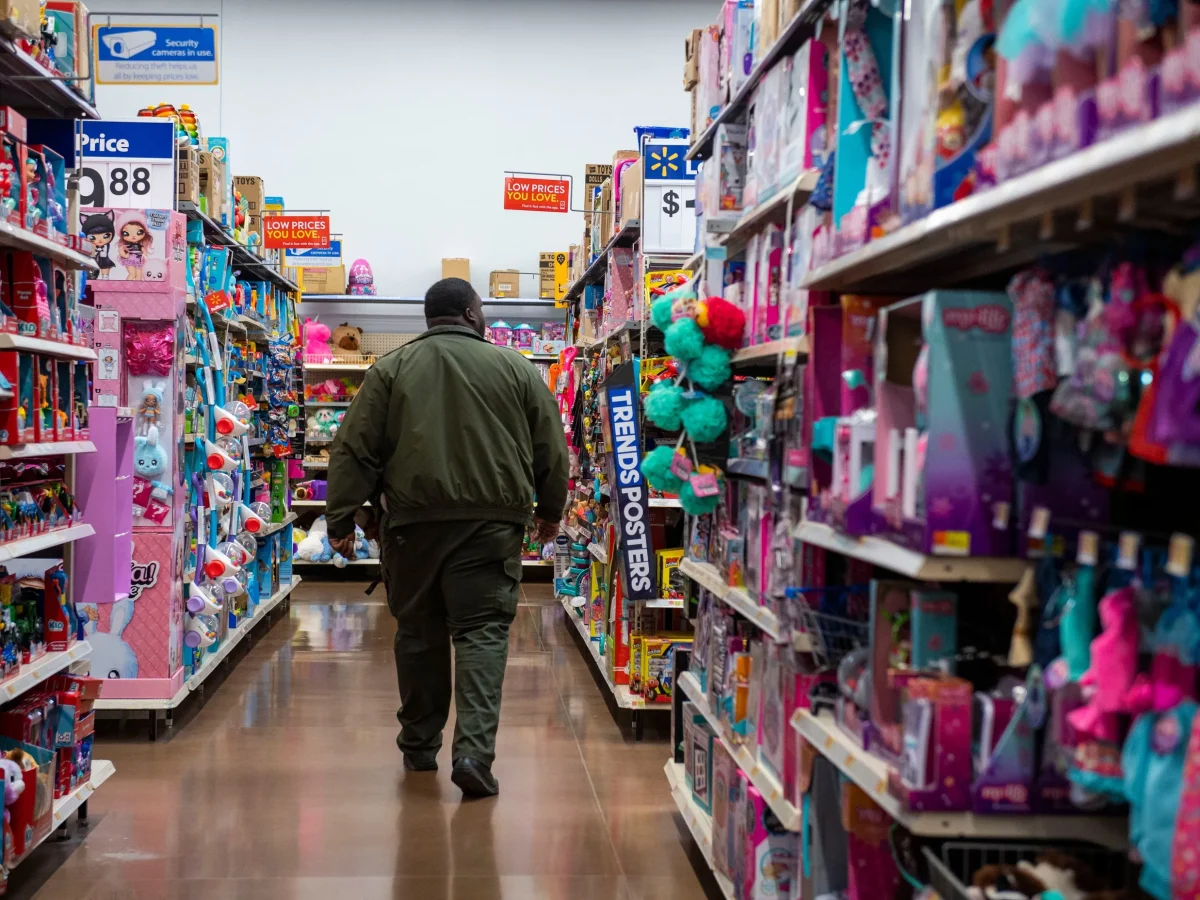By: Catie Staff [Co-Vox Editor]
Being on the internet for just five minutes can bring a person’s blood pressure up, change their mood and change their view of the human race. Their entire day can be affected by the things they read on the internet; and this doesn’t refer to the content, it’s the grammar. Reading an online post full of terrible grammar and bad use of punctuation is irritating, annoying, and pathetic.
The only thing that prevents spelling errors and grammatical failures from taking over the internet is a group of people who call themselves “Grammar Nazis.” These people are the protectors of the English language and they are the only thing standing between our culture and complete online illiteracy. Their job is to criticize, correct, and ridicule posts containing bad grammar until the offenders are frightened out of posting anything else. They are only permitted to post again when their grammar improves.
There are several ways that perpetrators break the laws of grammar, spelling, and punctuation, and they do these things daily. They do it privately, locally, or publically. If the online user sends messages and texts full of errors, they are only influencing one person, and no one else is forced to filter the awful post through their brain. No one’s day gets ruined (except the person receiving the texts, possibly.) It’s a tiny offense and is often overlooked by the Grammar Nazis. A local offense is something posted in a newsfeed on Facebook or Twitter or an obscure blog or Tumblr account. It’s only read by a few people and is easily corrected by the Grammar Nazis in a brief comment. The worst offense, though, is when someone creates a corrupted photo or article that will be posted and reposted and put up on fan pages for hundreds and thousands of people to see and read. These posts include inspirational posters, photos that you can “like” if you relate to them, and funny little pictures called “Memes.” When these are spelled wrong, a true Grammar Nazi will not even bother to respond. They will write an angry, sorrowful post about how wrong all grammatical errors are and, if it is especially bad, they will turn the photo itself into another Meme, so all the Grammar Nazis can join in the ridicule and correction of this post.
This ridicule is a form of therapy for many Grammar Nazis. It is a relief for them to see that they are not alone in this world full of terrible mistakes and thoughtless words. The Grammar Nazis even have their own Facebook groups. At Marion, 30 out of 50 students reported that bad grammar on the Internet bothered them.
Because more than half of these teenagers feel irritated by these posts full of terrible grammar, there should be more spell-check programs on websites and people should not be allowed to mindlessly post anything. Grammatical, punctuation, and spelling errors are a crime against mankind. They cannot be unread or unseen once another person has looked at them. It is unfair to subject others to that kind of annoyance and disappointment. Take care when you post, because your words have the power to build or destroy someone’s hope in humanity.








